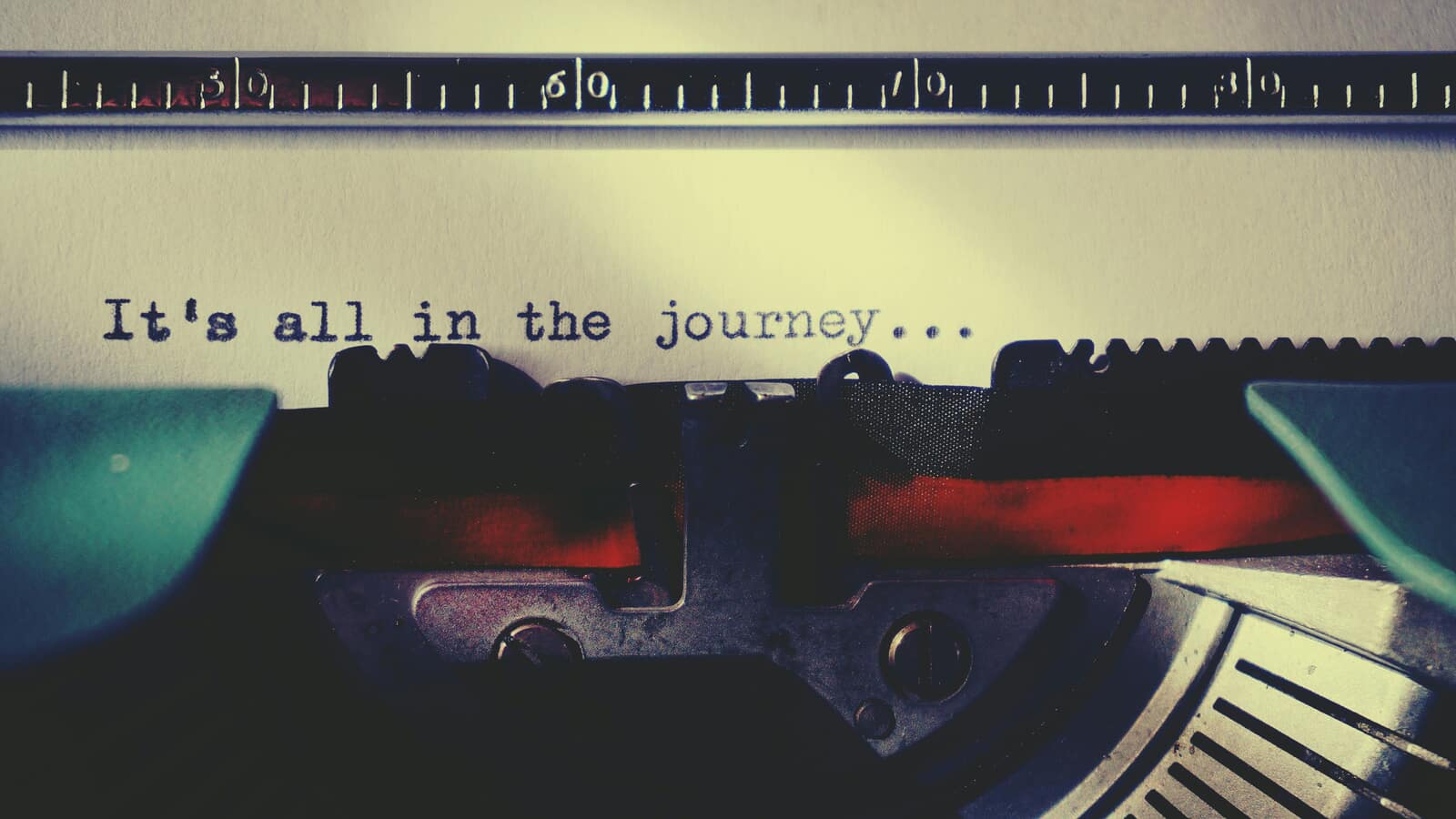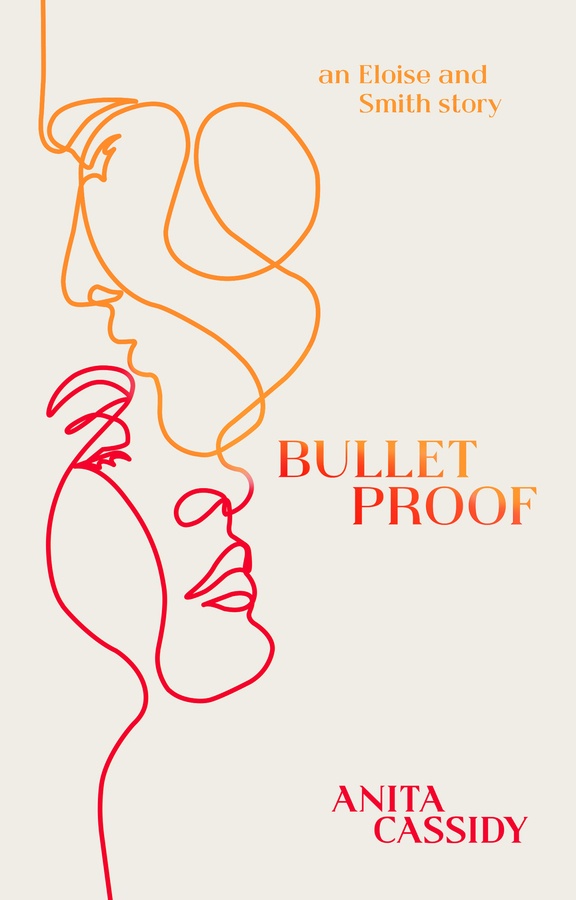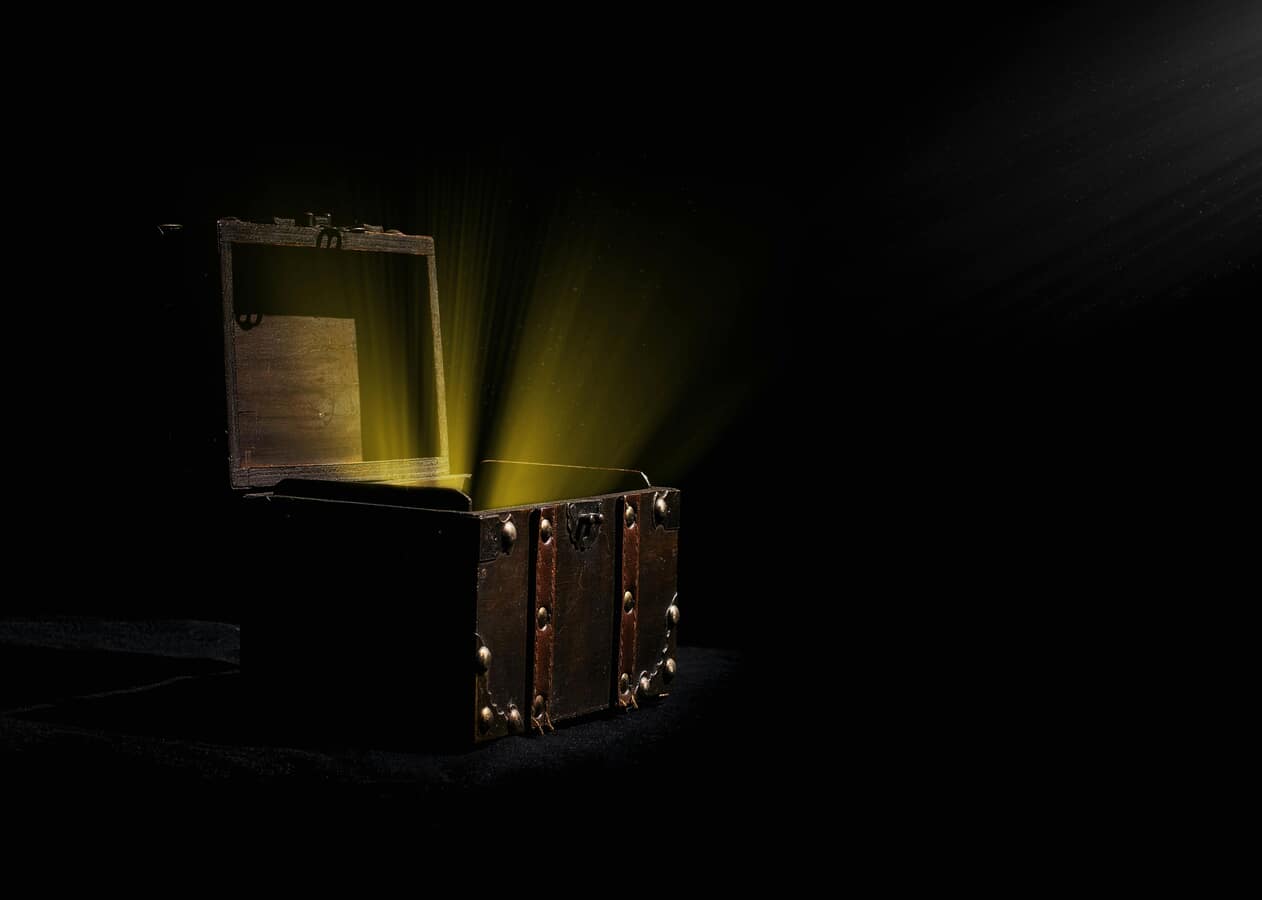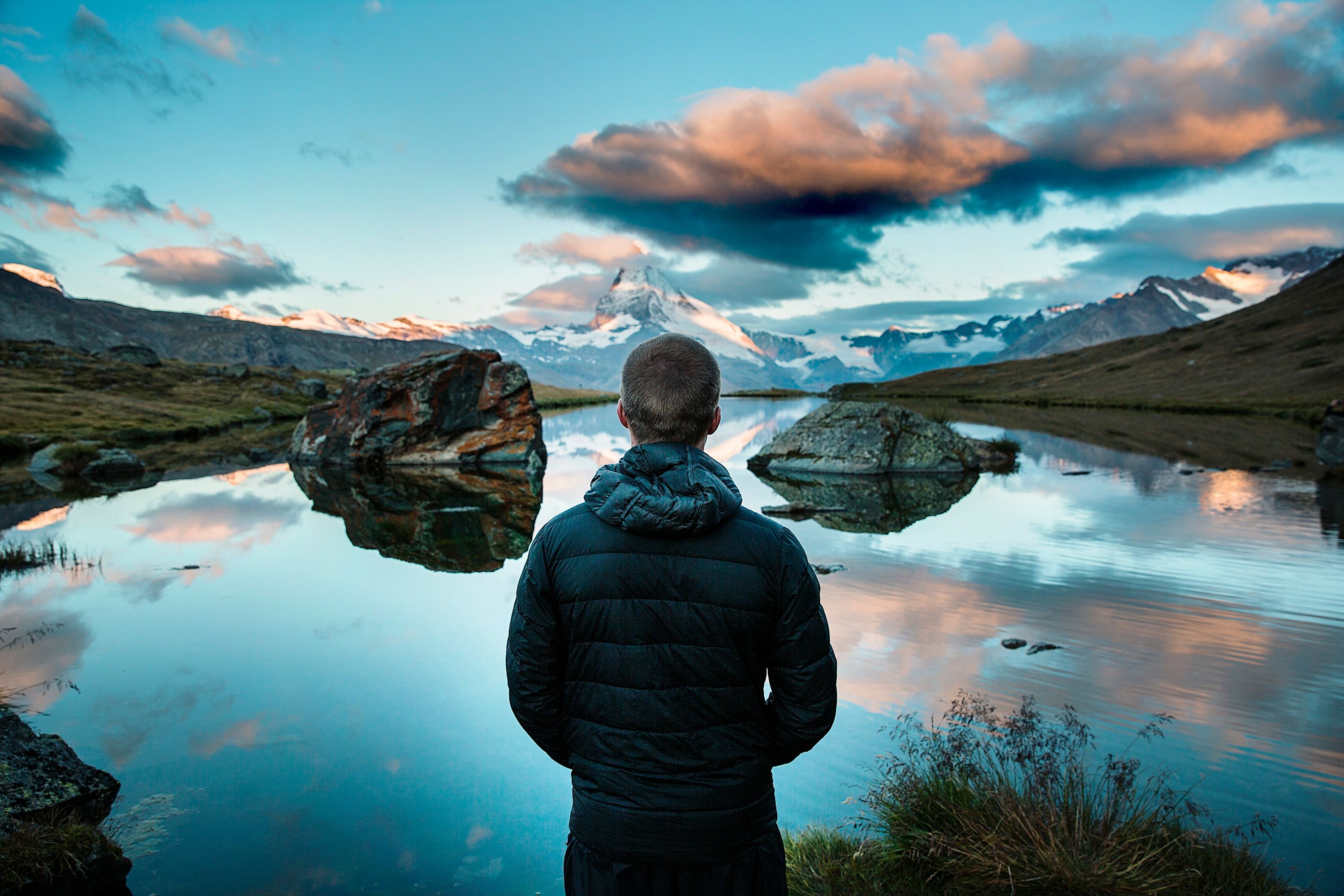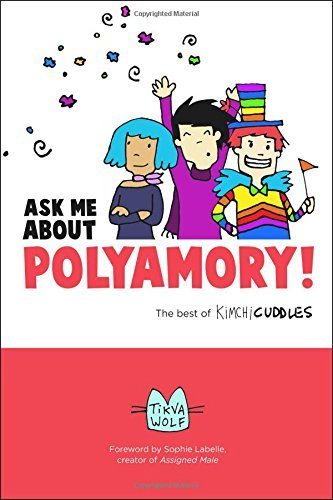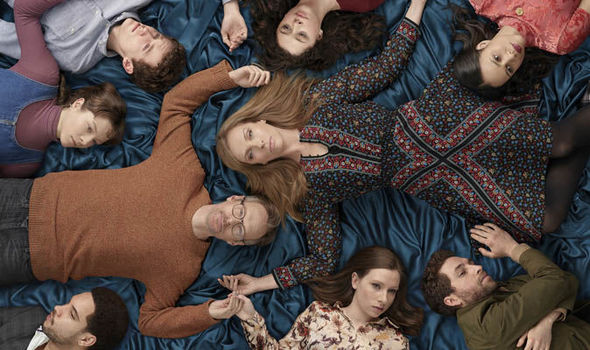Binary thinking is entrenched in western culture and, to some extent, we would not even exist as a species without it. That split second when your body steps away from the kerb and you are saved from the speeding car. The fight-or-flight response. This intuitive, snap-second thinking can save our lives and yet it is increasingly clear that this kind of thinking has severe consequences in the real world, especially when it comes to relationships.
Binary, or reductive, simplistic thinking indicates a lack of confidence in the beliefs one holds. It is, all too often, about asserting one’s beliefs at the cost or loss of another’s. It says (usually loudly): I’m right, you are wrong. It is, literally, black and white. And, while those shades are useful for crossing the road, they really aren’t much good for anything else.
Like a stool with only two legs, binary thinking is awkward to rest anything on and liable to collapse at any moment. It is constantly wobbling. It is fearful, defending itself against perceived threat from those that it has identified as ‘other’. It often hates the thing that it defines itself against. Hates it whilst knowing, perhaps only unconsciously, that it needs the other to survive. For, if something can only ever define itself by its opposite, it therefore cannot exist without it. It is this fundamental weakness, often unconsciously unknown, yet almost certainly sensed deep within, that lies at the rotten core of binary thinking.
Try to imagine right without left. Day without night. Back without front. A task slightly harder, I (ahem) imagine, if you are a determined binarist. For this kind of thinking often reflects a lack of imagination, empathy and curiosity.
Being binary is, for me, the opposite of being bi. Bi-ness is about being curious and accepting of all people (including yourself). It is about knowing that love sees beyond gender, beyond sex, beyond all of these socialised and culture-created, environment-enhanced trappings, beyond it all to the unique human being beneath. And yet, to too people across the mainstream and lesbian and gay communities, being bi means you are neither one nor the other; you are connected yet apart – the scorned middle…
This is because bisexuality challenges the normalised binary sexuality in our society and it does this in three key ways.
Bi-ness, by its very nature, suggests change and fluidity. It suggests that relationships change or transition or even, terrifyingly for so much of our society, end. It is this – the fear of loss – that underlies all toxic relationship behaviour. Despite the Instagram-happy divorce selfie, we are still so far from the idea that we can end relationships in an enlightened way that we see bisexuality as a fundamental threat.
Bisexuality also contains the idea of the many: of concurrent, multiple partners. It threatens the idealised concept of lifelong monogamy and fixed social and sexual identity. Bisexuality can be seen as a challenge to the idea of gay marriage, to the goal of bringing gay and lesbian relationships into the mono-normative fold – a process which, while welcome for those who desire it, is seen by many as a way to further delegitimise the sexual and emotional freedom that has characterised so much of the gay community.
Non-monogamy and the open discussion of monogamy (and monogamish-ness) has been at the heart of much of the gay community for a long time, and yet, now, even members of that community have to justify their choice not to make their partnership ‘legitimate’; have to answer questions about the supposed ‘commitment’ they have to their partners in the absence of a now easily available ring and piece of a paper. As if the law was what had been stopping them and not the invalidity and irrelevance to them of the concept of marriage.
Bisexuality can also be threatening because it suggests desire independent of procreation, desire for the sake of desire, and, in particular, female desire unrelated to, and not in need of, men. The image of the FFM partnership and the much-sought-after unicorn figure (a bisexual, non-monogamous woman) is relentlessly objectified, as a way to make this one thing that is not about men be for men. The idea of independent female sexual agency is a huge threat to the way society chooses to see women and their desires. The absence of much public debate following the publication of Daniel Bergner’s What Do Women Want? is an example of this erasure and denial of female desire. This also impacts on bisexual men. Gay porn is very popular and yet many bisexual men are, contradictorily, made to feel like they are both not ‘man’ enough to be gay or straight. They are, again, sneered at as some sort of feminised middle. The threat to core social concepts of masculinity that male bisexuality represents cannot be tolerated by many within society; sadly this includes the gay and lesbian community too.
It’s crucial that the multiple ways in which we can, and do, live our emotional and sexual lives are made visible. These stories need to be added to the voices that are trying to be heard above the normative din. Society erases and/or festishizes bisexuality. Those six syllables (no hyphen!) challenge too much, are too much of a threat to concepts on to which our society is clinging harder and harder as they, of course, slip further through its grasp.
This is why it’s vital that those who can be out are so and that those who cannot be are given the support and resources they need to live their lives freely and to be able to come out if they wish to. If you want to and can’t, that can be a weight to bear. We all deserve to love who and however many people we want and choose to. We all deserve not be defined by our last relationship. We all deserve the freedom not to be defined at all. I think the main issue with being bisexual is that many of us would rather not call ourselves anything at all. We’d just like to be known as us, and not have to wear a label for you to understand.
There are as many ways to live and love as there are people to do the living and loving. We all deserve to be able to tell the true stories of ourselves, in the now, if we wish to.
Personal reflections
Having come out as bi later in life, I have the confidence and the social support to be openly bisexual and I am both grateful for and aware of my privilege while feeling frustrated that it is something that is only given to me by virtue of my race and social background.
I was attracted to women in my early twenties but, when I reached my mid-twenties, I put this aside as something that people who were ‘serious’ just did not do. Like a good girl, I focused on my career and thought about getting married and having a family. Things that I very much wanted for myself. Only once my libido sparked back into life once the children were at school did these desires return, and luckily for me I was in a relationship with someone who understood that sexuality is not fixed and who worked with me to accept that change.
There may be more visibility and awareness about bisexuality, but it is in tiny pockets and it is still hugely overwhelmed by the negativity from both the straight and gay community and mainstream society. This is why I am writing, and this is why I am here: not to change the world, but just to be fully and openly myself. I know it is a whisper against the shouts and the roars that try to drown out alternative stories and to say they are irrelevant, but this is relevant to me and I will say it even if, to paraphrase Maggie Kuhn, my voice shakes when I do.









